Because of the stressful and often traumatic work that fire fighters and paramedics do every day, some turn to alcohol or drugs to feel better, if only for a little while. Others begin taking prescription drugs for workplace injuries, pain or insomnia, and slowly become dependent on them over time. No matter the initial cause, recognizing the signs of substance use disorder early on could mean the difference between a successful recovery and a lifelong battle with addiction.
Some of the signs of substance abuse are hard to miss. Others may be more subtle. If you recognize any of the symptoms of addiction in yourself or others, consider seeking help from a professional treatment provider like the IAFF Center of Excellence.
The most common warning signs of substance abuse and addiction include:
- Physical or psychological cravings to use the substance regularly
- Persistent or unsuccessful attempts to decrease or stop substance use
- Needing to take more of a substance over time to achieve the same effect
- Doing things you normally wouldn’t do to obtain a substance, such as stealing or lying
- Making substance use a priority over other responsibilities, including work and family
- Spending a significant amount of time taking substance, buying substances, or recovering from substance use
- Failing to fulfill major obligations at home, school or work because of substance use
- Experiencing extreme mood swings and irritability
- Using substances in unsafe situations, including while driving or at work
- Hiding your substance use from others
If you’ve been consuming alcohol or drugs regularly for weeks, months or even years, you may develop a physical dependence on the substance. In cases of long-term addiction and dependence, you may begin to experience the signs of withdrawal when you stop using it. This is especially true for alcohol, opioids like heroin and prescription painkillers, benzodiazepines like Xanax and Valium, stimulants like cocaine and crack, and hypnotics like Sonata and Lunesta. Depending on the substance used and duration of use, the side effects of withdrawal can range from uncomfortable to life-threatening.
While withdrawal symptoms manifest differently from person to person, they may include:
- Anxiety
- Depression, irritability or mood swings
- Abdominal pain
- Nausea or vomiting
- Excessive sweating
- Trouble sleeping
- High blood pressure
- Increased body temperature
- Nervousness
- Seizures
- Tremors
- Tachycardia (rapid heartbeat)
No matter the substance, addiction should never be taken lightly. If you or someone you love is exhibiting symptoms of substance use disorder or withdrawal, it’s important that you find professional help as soon as possible. Designed with the needs of IAFF members in mind, the IAFF Center of Excellence is equipped to provide the evidence-based, compassionate care needed for recovery, including clinically managed detox. Reach out to our substance abuse hotline today to get started.
Medical Disclaimer: The IAFF Center of Excellence aims to improve the quality of life for people struggling with a substance use or mental health disorder with fact-based content about the nature of behavioral health conditions, treatment options and their related outcomes. We publish material that is researched, cited, edited and reviewed by licensed medical professionals. The information we provide is not intended to be a substitute for professional medical advice, diagnosis or treatment. It should not be used in place of the advice of your physician or other qualified healthcare provider.




